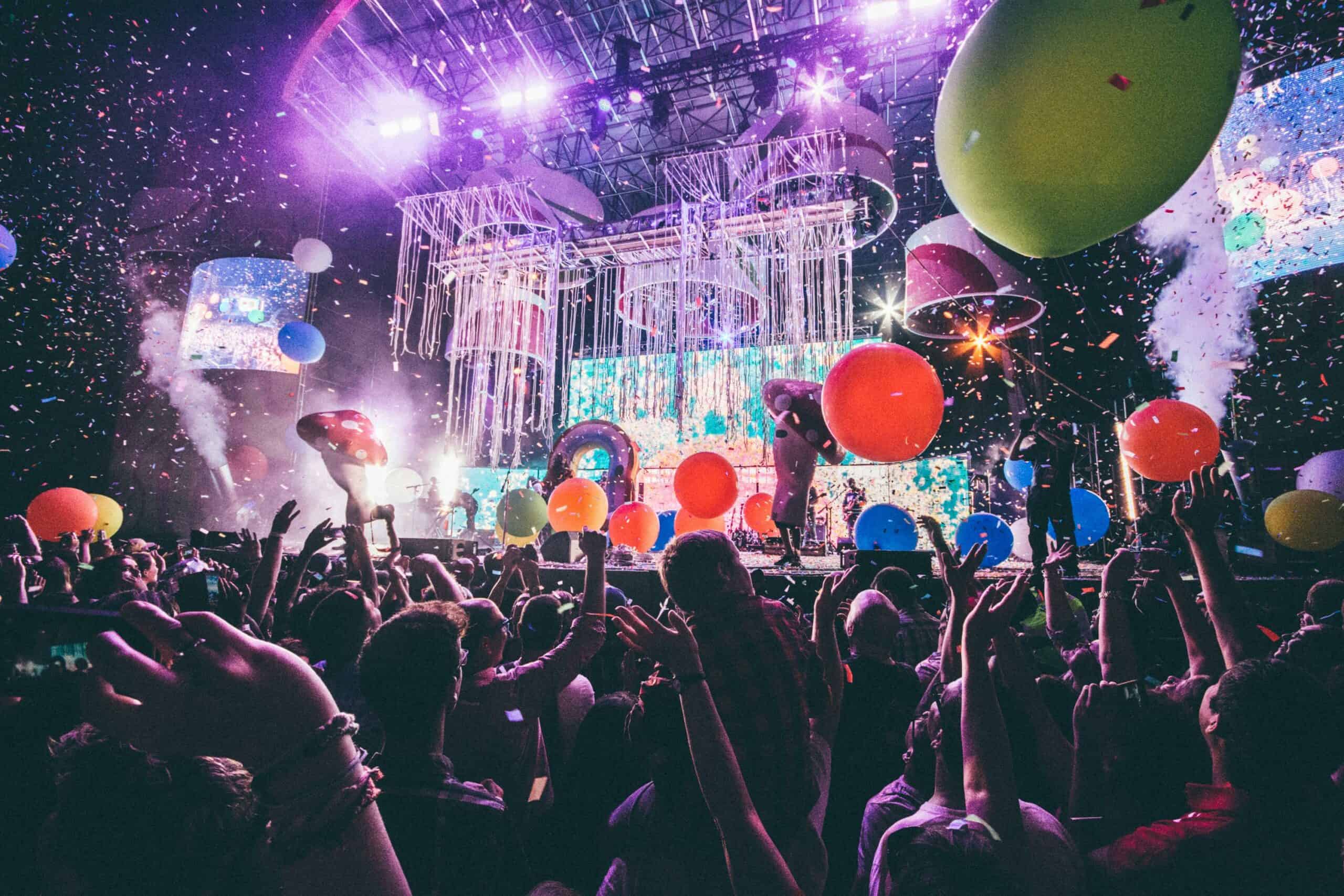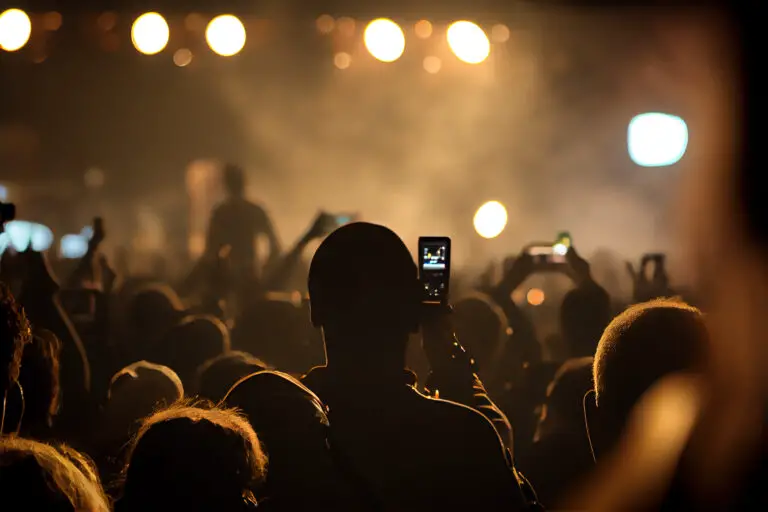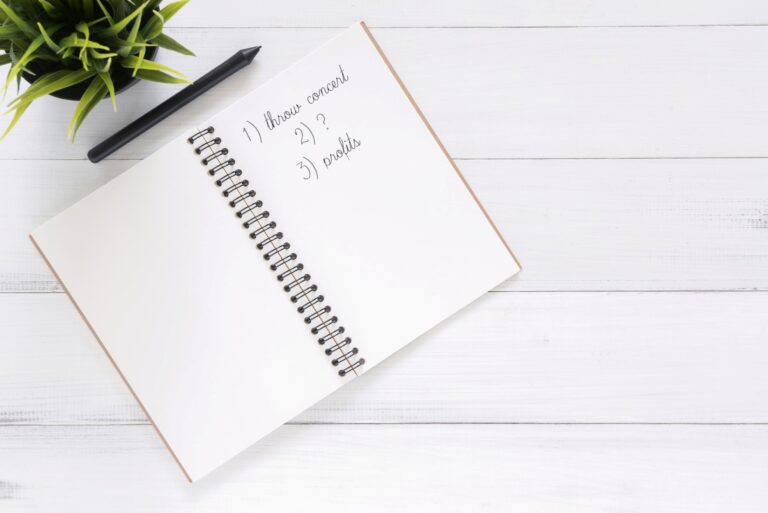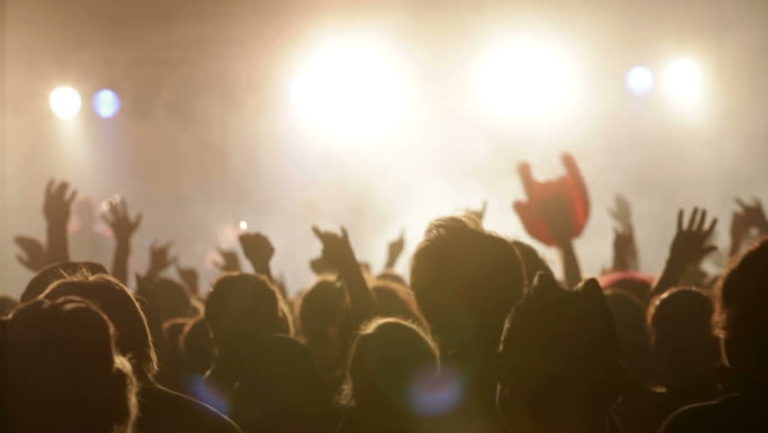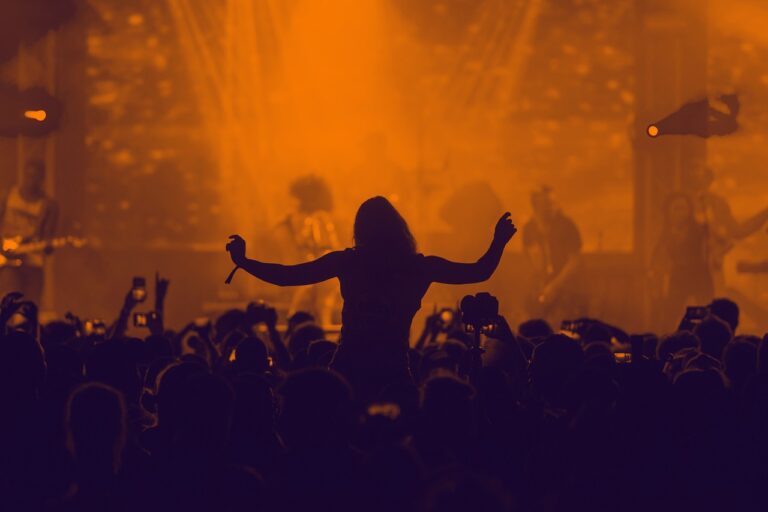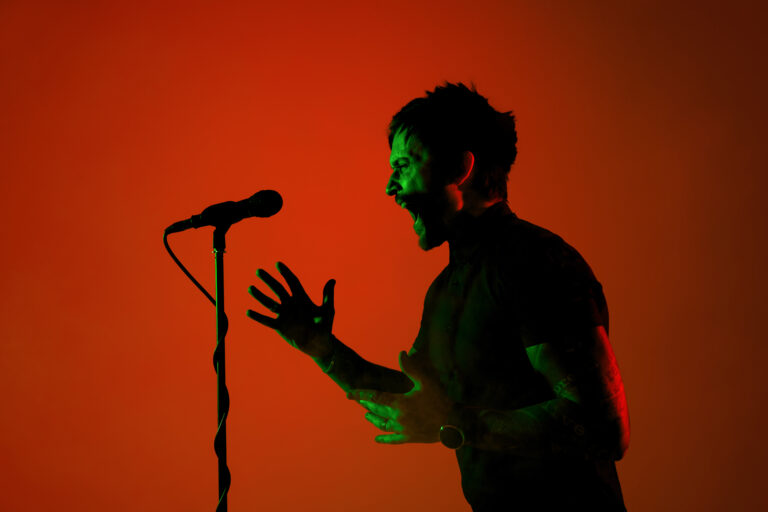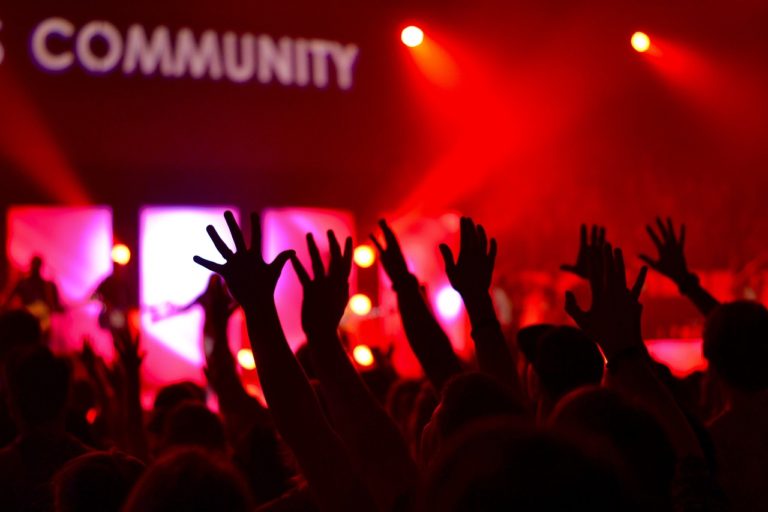Why Do Some Concerts Have Curfews?
Finding out concerts have a curfew may come as a shock to many. Who could imagine a stadium spectacle being restricted so easily?
However, many concerts have a curfew due to noise regulation for nearby residents, with times negotiated between the venue promoter and the local neighborhood or city councils.
Curfew limits can be applied to any type of show and venue. It doesn’t matter if it’s a small bar or a massive outdoor festival.
It’s common to see curfew limits placed on all types of shows – and it is often even mentioned on websites and tickets.
What Is A Curfew?
When it comes to concerts, a curfew is a designated time that the event has to finish. Typically, events will state exactly when that curfew is.
For example, if you look at a concert ticket, it will say the doors open time (eg. 7 pm) and also when the curfew time is (eg. 11 pm).
With the curfew, it must mean that all live music must be finished by that time. So whoever is headlining the show must not be performing past that limit.
If the limit is breached, then penalties are often issued by the local authority. These are issued to either the artist, promoter/venue, or both.
How Curfew Times Are Decided
When concerts have a curfew, the times are often set by local authorities. Most major cities will have curfew regulations in place to minimize disruption to residents.
For promoters putting on shows, they know that they have to abide by the rules set. When booking the show, the promoter will work with their local venue and the laws they have to abide by.
These laws often have concessions for public events and implement base limits on when shows must end. The promoter will then look at this and set the curfew based on that.
If there is an issue with the set curfew time, the promoter of the show will need to liaise with the local government to mediate a time. Once an agreement is set, the curfew time is then imposed.
For example, let’s look at how the Australian city of Perth approached the matter when building its 60,000-seater Optus Stadium in 2017.
During the construction of the stadium, the local council (The Town of Victoria Park) set out the laws to which shows could be held at the stadium.
In the official regulations, it states that any entertainment special event must finish by 11 pm no matter the scale. So no matter if Ed Sheeran, Red Hot Chilli Peppers or Taylor Swift are playing, the show must still finish at 11 pm due to local laws.
Following these guidelines gives potential promoters that want to use the stadium an idea of how to schedule a show.
Why Do Concerts Have Curfews?
Most of the time, the curfew rules are implemented for one of several reasons. These reasons include:
- Noise restrictions
- Safety and security
- Public transport and parking availability
- Venue staffing
With there being a variety of reasons for these to be implemented, it’s not surprising to see why concerts have curfews implemented.
Reducing unnecessary noise
For most places, the curfew comes down to reducing noise for residents. After all, there is nothing worse for young families to put kids to bed with a bar blaring loud music from across the road. Particularly in the late hours of the night.
It’s especially true when you look at how loud some concerts can get too. In most instances, the average safe hearing volume is 85 dB. However, live shows can reach more than 120 dB.
So governments use curfew laws to enforce noise limits at certain times of night. This restricts the risk of noise complaints to the authorities and residents becoming disgruntled.
Aiding local services
It also works as a way for local services to schedule themselves and ensure that people can be safe around the venue. For example, large shows may need a large police presence or extra public transport allocated to the site.
Implementing a curfew time allows for these services to run at peak times when they are needed. This gives crowds a safe and easy way to get home without congesting roads.
A great example of this is how the O2 Arena in London works with local authorities for curfew limits. Venue operator AEG Live puts their curfew limits with a recommendation for Transport for London (TfL) whenever a show takes place.
By working directly with the TfL, the promoters can sync Tube, rail and bus services to match the demand needed for the 20,000-seater arena.
This was emphasized by a TfL spokesperson who said: ” we provide them with info to know when a show should finish so people don’t get left behind.”
This arrangement makes the O2 Arena one of the busiest venues for concerts in the world – averaging 220 shows a year.
What Happens If An Artist Breaks Curfew Laws?
If a concert runs over curfew laws, then it can be very costly for the artist and promoter. More often than not, fines are handed out to the offending parties for their breach.
The fines are normally implemented for every minute they run over. The more a shows run over, the heftier the fine will be.
It’s why many shows may look to wrap up quickly, particularly if they are aware that the curfew limit is approaching.
The performer might look to cut their setlist short if they know the time is coming, or change their setlist on the fly. Even if they are late on stage, the headline act may acknowledge they have to finish things up shortly if they don’t want to pay a fine.
Examples of concerts breaking curfew
Whenever a major show breaks its curfew, you can guarantee that it will make headlines within the entertainment world.
This happened at Coachella 2023 when the festival overran curfew limits over all three days.
Indio City Council had amended local laws and extended the curfew to 1 am due to the spectacle of Coachella. Shows on Friday, Saturday and Sunday overran the limit set even with a five-minute courtesy period granted to the show.
The fines for breaking the limit were $20,000 for five minutes and $1,000 for every additional minute it ran over.
With the likes of Calvin Harris running 22 minutes late on Friday and Frank Ocean 25 minutes on Sunday, it was a costly weekend for festival promoter Goldenvoice. They were fined $117,000 for running over altogether.
It’s something that anyone in the area has to adhere to. This was underlined by Jim Curtis, Indio City Council’s Community Services Manager, who said that “if there are any issues with the timing of an event, we speak to an applicant and try to resolve it”.
Final Thoughts
As you can see, there are plenty of reasons why concerts have a curfew implemented on them. Having a limit gives local authorities a way to ensure that noise limits don’t disturb residents. They are also put in place to help concertgoers get home with ease. The limits aren’t difficult to find particularly as they are stated on tickets and posters.
For artists and promoters, it’s important to know when the curfew limit is near. If it becomes a close call, acts may have to adapt their set on short notice.
Otherwise, they could face huge fines for breaching laws with each minute proving costly.
Despite all this, the rules are put into place for everyone around to have a good time, and it doesn’t ruin the spectacle even when concerts have a curfew to adhere to.
Special thanks to Indio City Council and Transport For London

